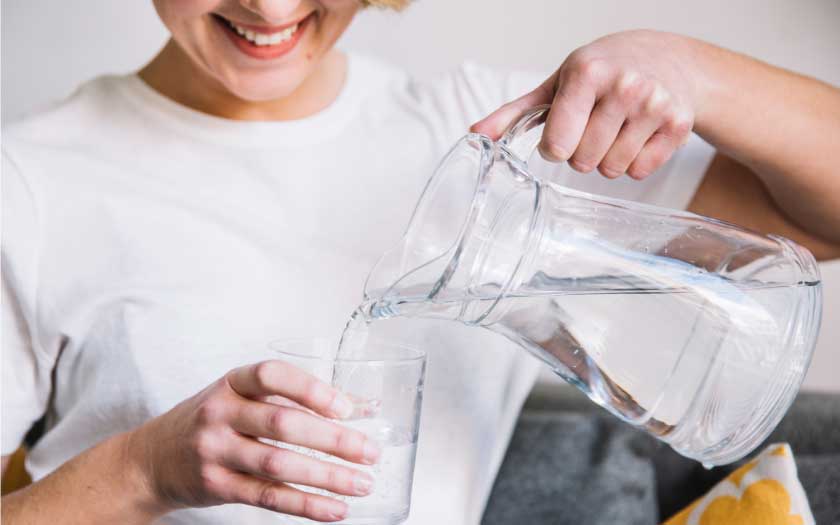Living in a surrounding that is not clean means that the possibility of exposure to all sorts of bacteria is likely to happen, and some of these may be dangerous to your family’s health, especially if you have a little one living with you!
No matter how busy you get in life, there is no excuse to not keep a clean, hygienic home.
Your family spends a lot of time at home and in many ways, the condition of a home’s environment affects the wellbeing of its inhabitants. Hence, maintaining the cleanliness of your home is the first and most important step to ensuring a healthy life for you and everyone in your family.
When it comes to a clean, habitable home, there are a few key elements to keep in mind.
Mind the quality of your indoor air
Pollution does not only happen outdoors, it can happen indoors too! Smoke from cigarettes and gas stoves; pet’s fur, dander, dust, excessive use of air fresheners, fumes from harsh cleaning agents, etc, are capable of altering air circulating in your home, rendering it harmful to your family’s health.
Here are some ways you can improve the air quality at home:
- Investing in an air filter is a good idea as it helps filter the air you breathe in — reducing bacteria and smell in the air while freshening it up. If you already own an air filter, do remember to get it cleaned according to its manual to maintain its functions.
- Remove carpets from the floor, for they collect germs, dust, dander, etc. Instead, use floor rugs that can be washed and replaced regularly.
- Use vacuum cleaners that have a HEPA filter, which helps to collect dust at one go and decreases allergens in your household.
- Get your air-conditioner serviced at least twice a year.
- Make sure the fans in your home are cleaned regularly as they attract lots of dust.
Houseplants and your indoor air quality
Even some scientists agree that indoor plants may be useful in fighting the modern phenomenon of Sick Building Syndrome (SBS), to some level. Particular benefits of interior plants include:
- Reducing carbon dioxide levels
- Increasing humidity
- Reducing levels of certain pollutants, such as benzene and nitrogen dioxide
- Reducing airborne dust levels
- Keeping air temperatures down
However, do practice some caution with houseplants, for some of them can be quite poisonous and may pose a hazard if ingested.
Clean and safe water supply
Don’t take it for granted that your water supply is clean and safe. Some of the deadliest diseases can be contracted by drinking unclean water, so make it a point to ensure that the drinking water in your home as well as the water used for cooking and cleaning is safe. The most basic way of obtaining clean water, especially for drinking, is by boiling it first. Alternatively, you can install a water filter in your home to ensure clean drinking water at all times.
Ensure good ventilation
Lack of ventilation in a home causes its indoor air to become stale and unhealthy. Try these methods to ensure fresh air in your home:
- Open your windows daily to let fresh air and healthy sunshine into your home
- Turn on the fan to keep the air cool and moving about
- If you have an air-conditioned home, make it a point to turn them all off now and then and open all doors and windows to naturally ‘clean’ the air out
Keep mosquitoes away
Mosquitoes are dangerous as they have the ability to cause the dreaded dengue fever. Prevent mosquitoes from breeding around your house by implementing these steps:
- Look out for containers that can collect water
- Empty any containers around your house that have collected rainwater
- Clean the drains around your house
- Spray a safe yet effective mosquito repellent all-around your house every morning and evening
- Replace water in pots with clean water daily
- Prevent mosquito bites — encourage your family to use mosquito repellent body sprays, sticks or roll-ons



